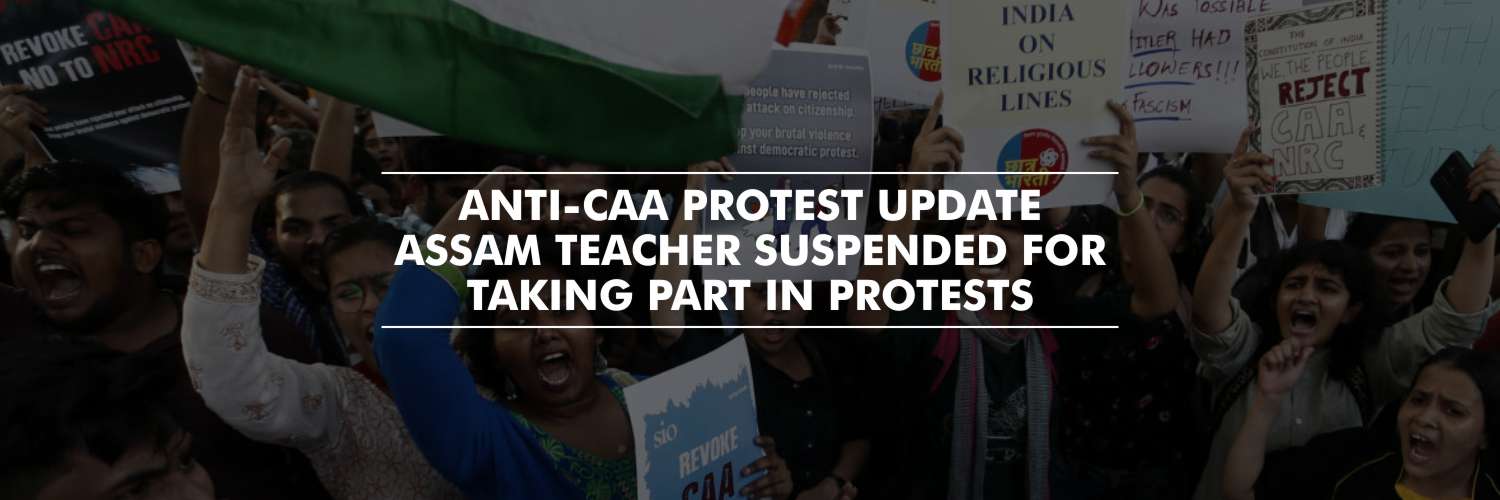The Supreme Court on Monday ruled that a show-cause notice to constitute the valid basis of a blacklisting order, must spell out clearly or its contents are such that it can be clearly inferred therefrom, that there is the intention on the part of the issuer of the notice to blacklisting the noticee.
The above observations were made during the hearing of a blacklisting order issued by the High Court against UMC Technologies Private Limited by the Food Corporation of India, which blacklisted the company from participating in any future tenders of the Corporation for a period of 5 years.
The Apex Court was approached against the order of the High Court which dismissed the challenge against this blacklisting order. The appellant contended that the action of blacklisting could not have been taken without specifically proposing/contemplating such an action in the show-cause notice.
Subsequently, the apex court bench comprising Justices S. Abdul Nazeer and BR Gavai observed that a clear notice is essential for ensuring that the person against whom the penalty of blacklisting is intended to be imposed has an adequate, informed and meaningful opportunity to show cause against his possible blacklisting. Further, while agreeing to the contention, the bench referred to the show cause notice and said that the action of blacklisting was neither expressly proposed nor could it have been inferred from the language employed by the Corporation in its show cause notice.
A vague show-cause notice will be in violation of the principles of natural justice, the top court asserted while adding that a person against whom the penalty of blacklisting is intended to be imposed has an adequate informed and meaningful opportunity to show cause against such possible blacklisting.
Background of the case
In November 2016, the FCI had issued a bid to appoint a recruitment agency to conduct the process of hiring watchmen for the corporation’s office.
The appellant agency had applied and was successful. Later, when the appellant agency conducted an exam to recruit watchmen, police officials arrested certain individuals including a member of the appellant company for leaking the question paper.
Thereafter, the FCI sent a show-cause notice to the appellant and sought an explanation. When the appellant sent a detailed reply, the FCI proceeded to ask for another final reply. The FCI then passed an order in January 2019 blacklisting the agency from undertaking FCI projects for the next five years. The security amount of the appellant with the FCI was also forfeited.
On 13 February 2016, the Madhya Pradesh High Court dismissed the challenge to the FCI’s order which led to the appeal before the Supreme Court.
The appellant challenged only the blacklisting order before the Supreme Court and not the termination of the contract.
Supreme Court’s observation
The Apex court after hearing the parties concluded that a plain reading of the notice made it clear that the action of blacklisting was neither expressly proposed nor could it have been inferred from the language employed by the FCI in its show-cause notice.
“After listing 12 clauses of the “Instruction to Bidders”, which were part of the Corporation’s Bid Document dated 25.11.2016, the notice merely contains a vague statement that in light of the alleged leakage of question papers by the appellant, an appropriate decision will be taken by the Corporation,” stated the top court. Further, it added that the blacklisting order can cause the civil death of a person as it results in an organization being blacklisted by other government companies too.
“This domino effect, which can effectively lead to the civil death of a person shows that the consequences of blacklisting travel far beyond the dealings of the blacklisted person with one particular government corporation and in view thereof, this Court has consistently prescribed strict adherence to principles of natural justice whenever an entity is sought to be blacklisted,” read the apex court judgment.
Therefore, the SC had set aside the orders passed by the High Court and FCI holding that the show cause notice issued by FCI was “contrary to the principles of natural justice.”






